Tulsi Beej
- Product Code : BA-017
- Categories : Herbs
In Stock
Also Knows As: Beej Tulsi - Krishna Tulsi Seed - Shyama Tulsi Seeds - Krishna Basil Seeds - Kali Tulsi Beej - Ocimum Sanctum
Item Form - Seed Diet Type - Vegetarian Had Cooling Properties Rich in Nutrients
Tulsi seeds, also known as basil seeds or Sabja seeds, are derived from the holy basil plant (Ocimum sanctum or Ocimum tenuiflorum). These small, black seeds have gained popularity for their potential health benefits. Here are some of the reported benefits associated with tulsi seeds:
1. Rich in Nutrients:
Tulsi seeds are a good source of essential nutrients, including fiber, vitamins (A and K), and minerals (iron, potassium, calcium). They can contribute to overall nutritional intake when included in a balanced diet.
2. Hydration and Cooling Effect:
When soaked in water, tulsi seeds develop a gelatinous outer layer. This gel-like substance has a cooling effect on the body and is often used in beverages during hot weather to help cool and hydrate the system.
3. Digestive Health:
The high fiber content in tulsi seeds can promote digestive health. They may aid in regulating bowel movements, preventing constipation, and supporting a healthy gastrointestinal system.
4. Weight Management:
The fiber in tulsi seeds can create a feeling of fullness, potentially helping in weight management by reducing overall calorie intake. Including them in a balanced diet may contribute to a sense of satiety.
5. Blood Sugar Regulation:
Some studies suggest that basil seeds may have a positive impact on blood sugar levels. However, more research is needed to establish their role in managing diabetes.
6. Antioxidant Properties:
Tulsi seeds contain antioxidants, such as polyphenols and flavonoids, which can help combat oxidative stress in the body. Antioxidants play a role in protecting cells from damage caused by free radicals.
7. Joint Health:
The anti-inflammatory properties of tulsi seeds may contribute to joint health by reducing inflammation. While there's limited scientific evidence in this area, some traditional practices use tulsi seeds for managing joint discomfort.
8. Stress and Anxiety Reduction:
The adaptogenic properties of holy basil, from which tulsi seeds are derived, are believed to help the body adapt to stress. Incorporating tulsi seeds into your diet may contribute to stress reduction and improved mental well-being.
9. Respiratory Health:
Tulsi seeds are traditionally used to relieve respiratory conditions. They may have mucilaginous properties that help soothe the respiratory tract and provide relief from coughs and colds.
10. Skin Health:
The antioxidants in tulsi seeds may contribute to skin health by protecting against oxidative damage. Some traditional uses include applying a paste of tulsi seeds for skin conditions.
It's important to note that while tulsi seeds offer potential health benefits, individual responses can vary. As with any supplement or dietary addition, it's advisable to consult with a healthcare professional before incorporating tulsi seeds into your routine, especially if you have underlying health conditions or are taking medications.
- Item Form : Seed
- Diet Type : Vegetarian
- Properties : Cooling




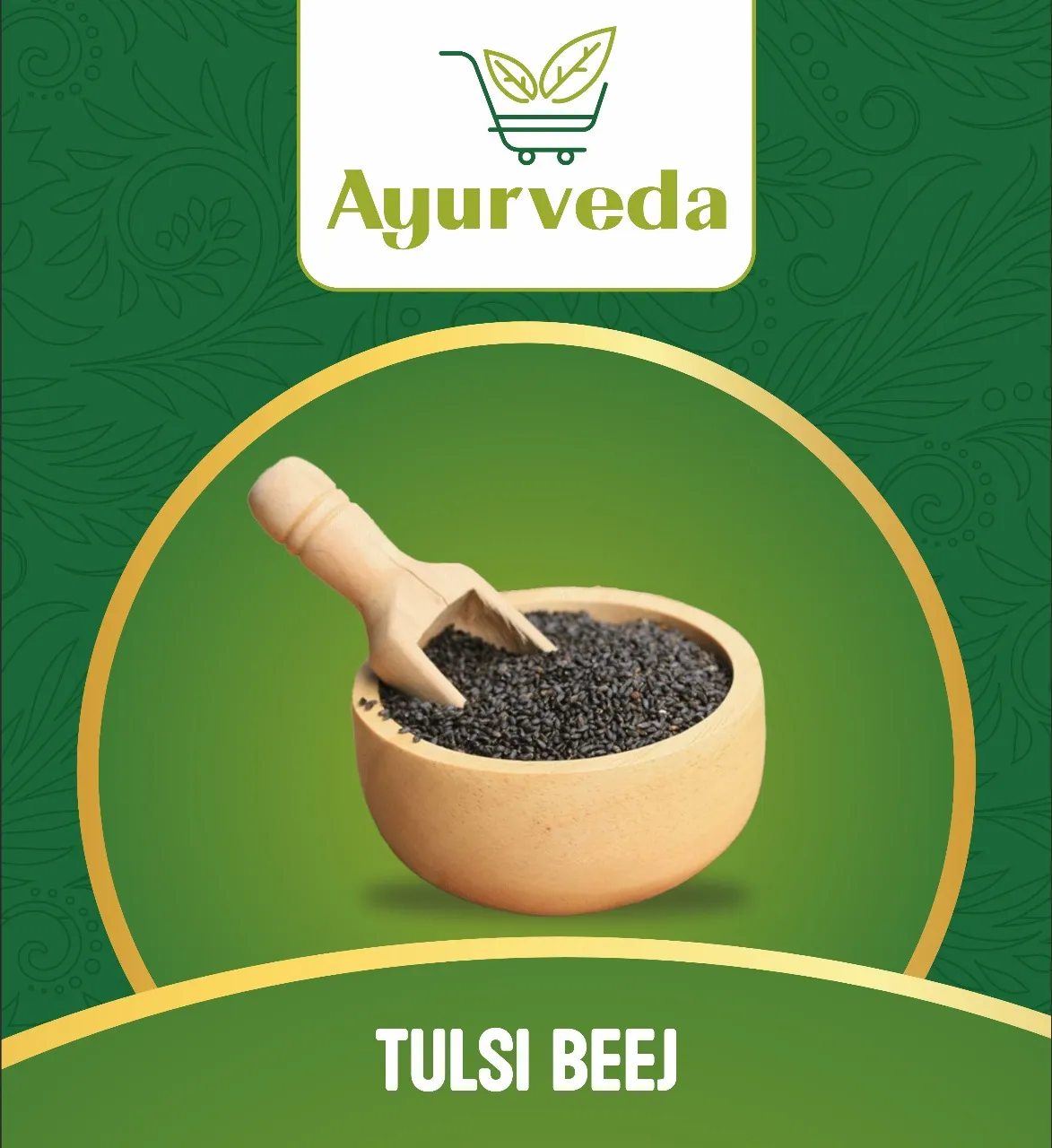
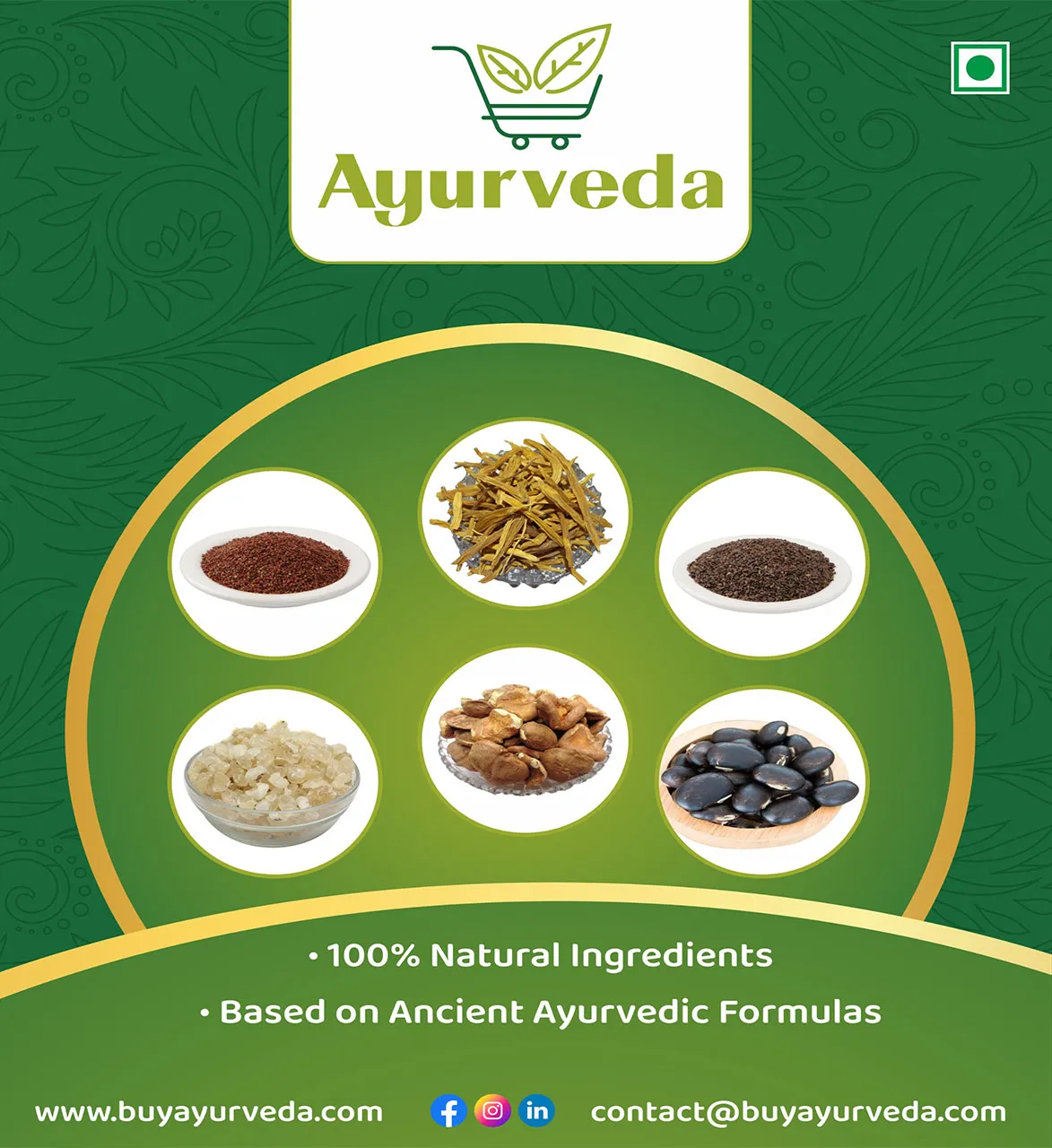



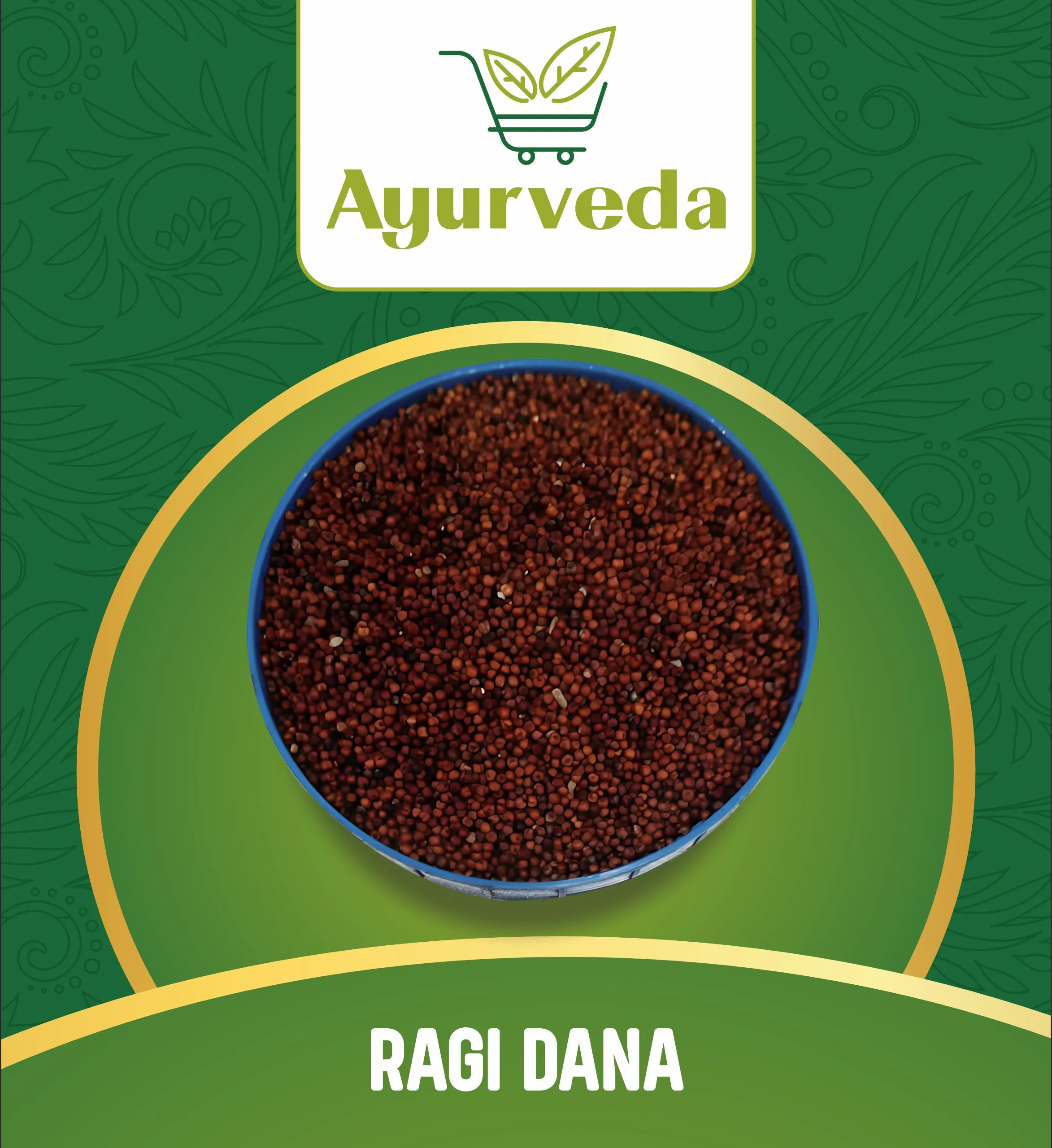
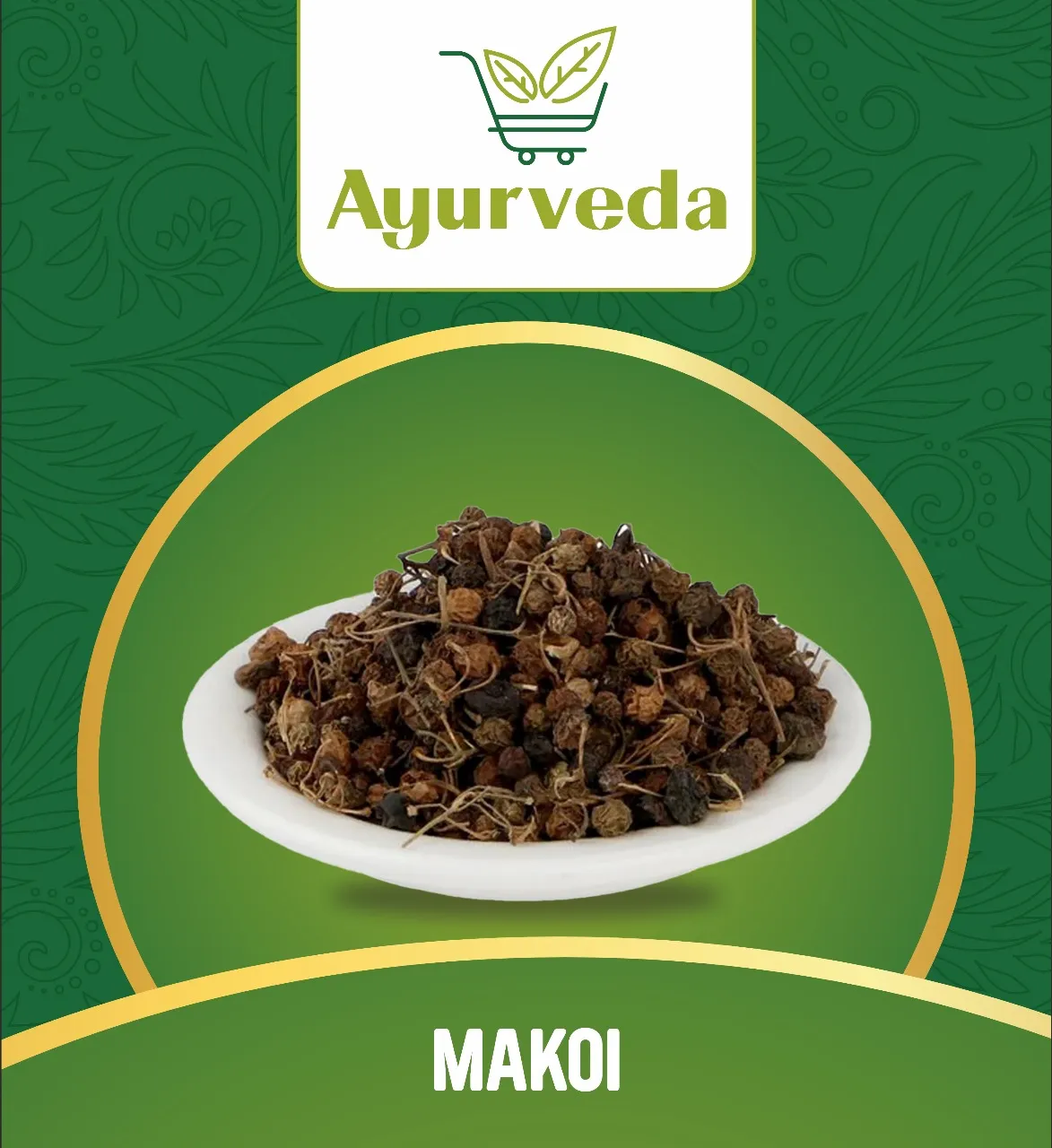
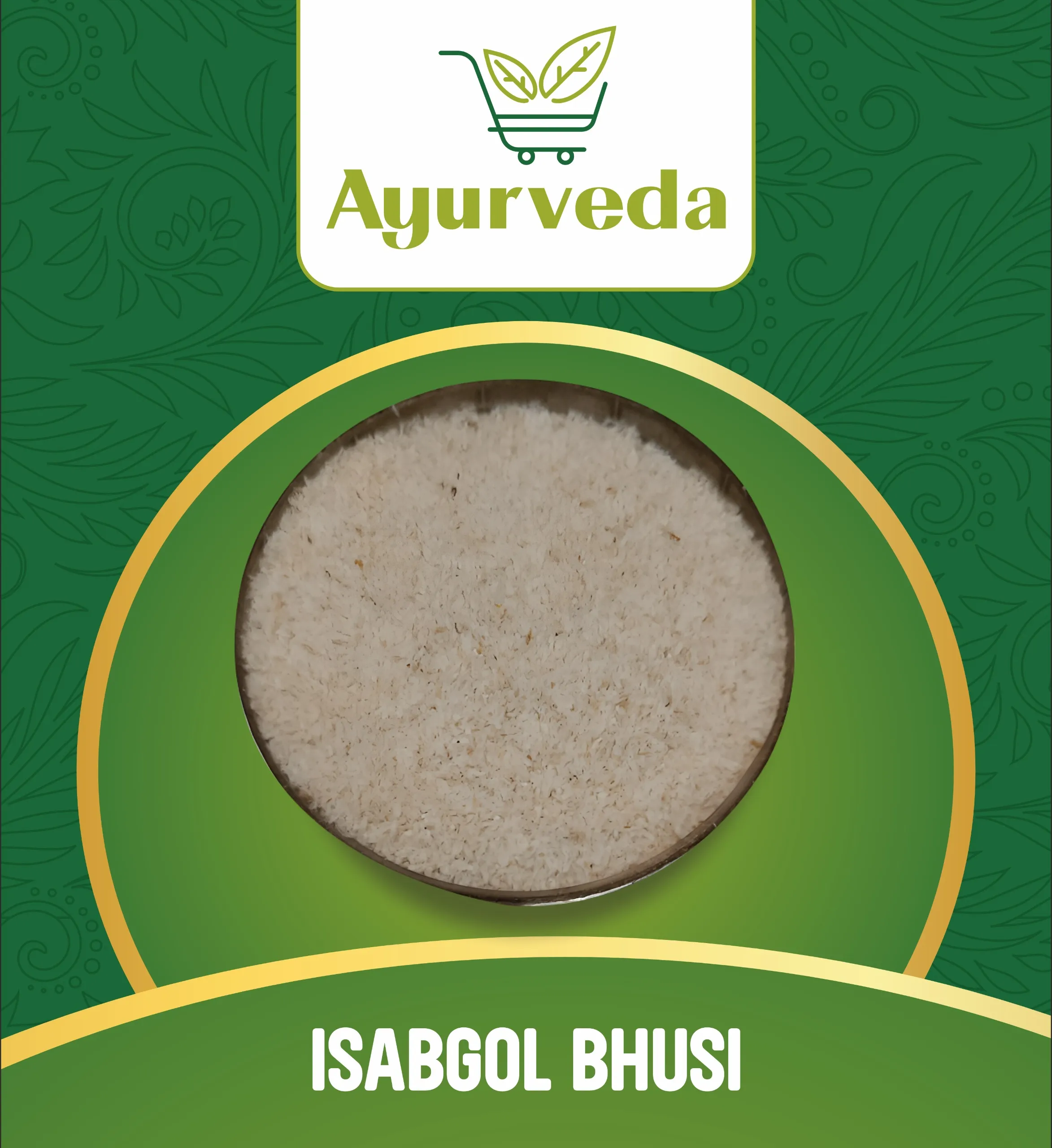
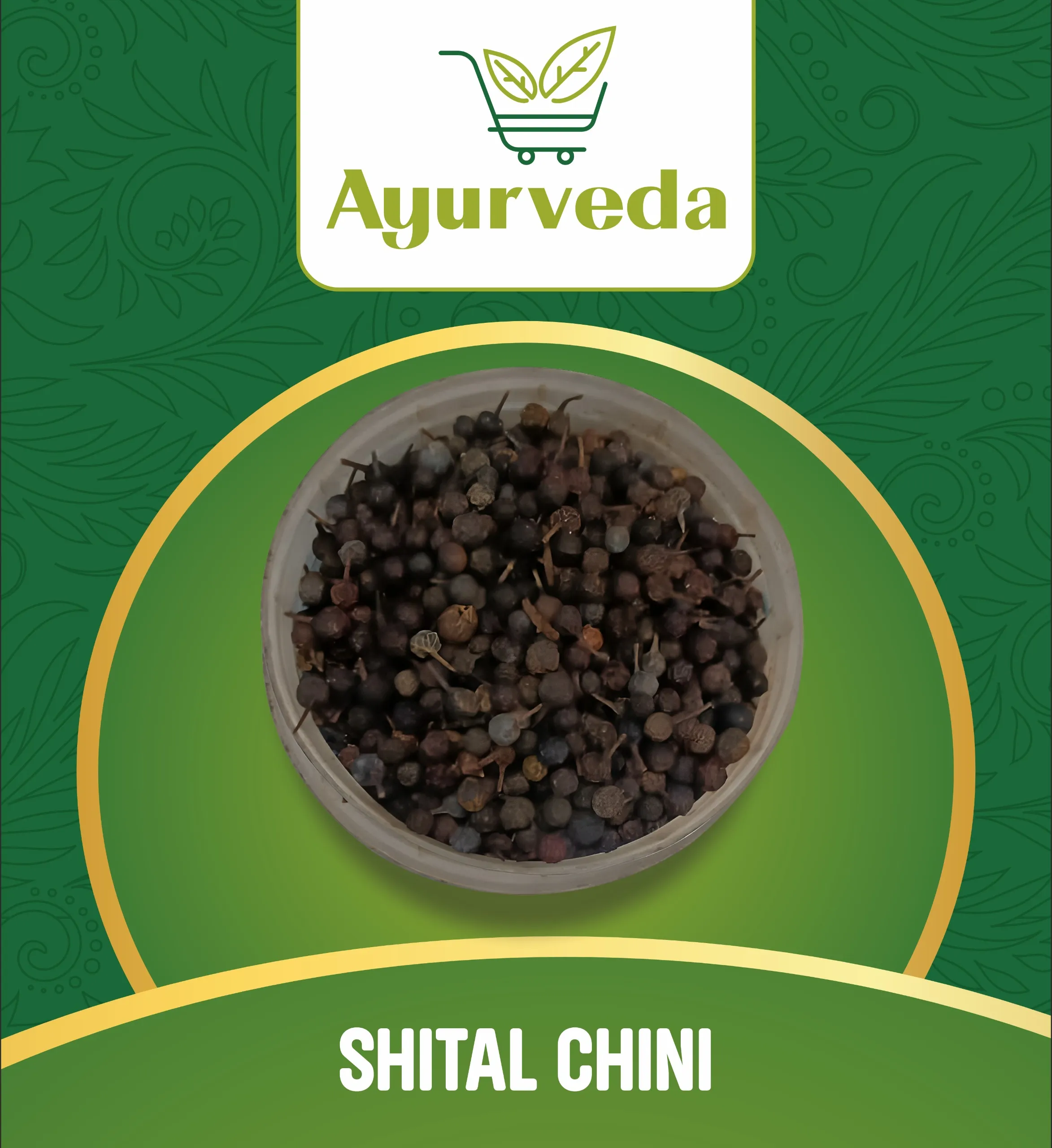
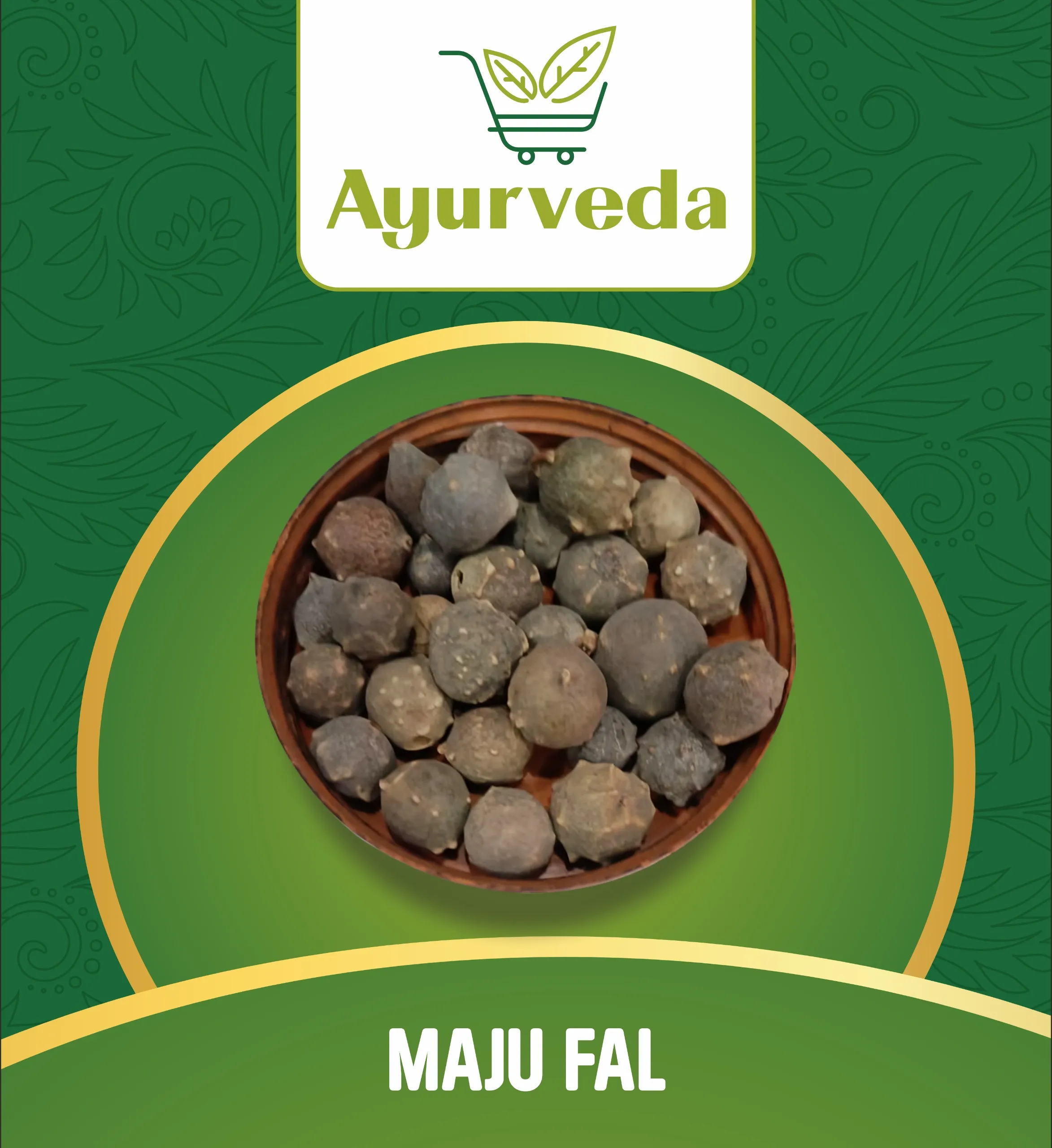
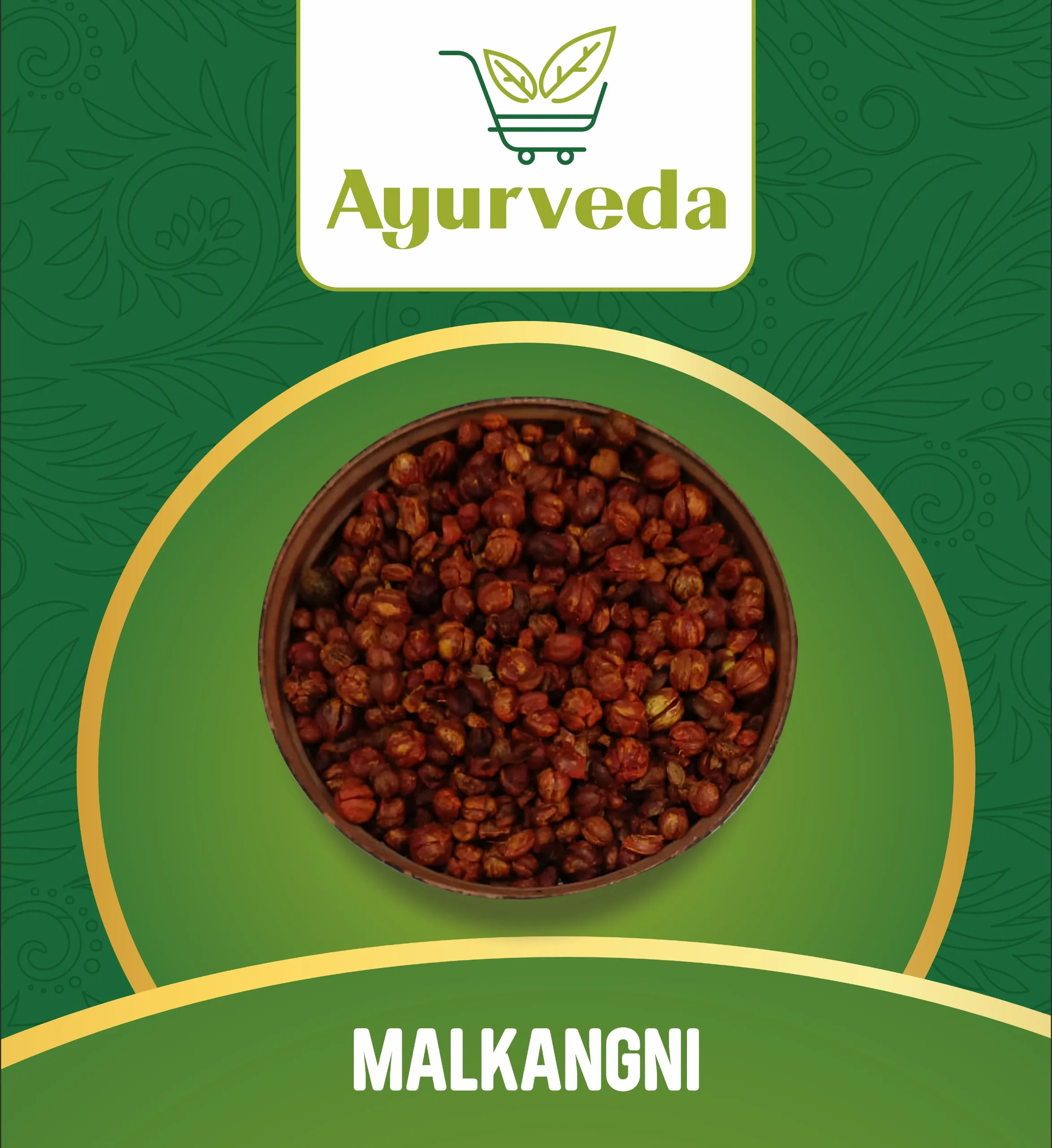
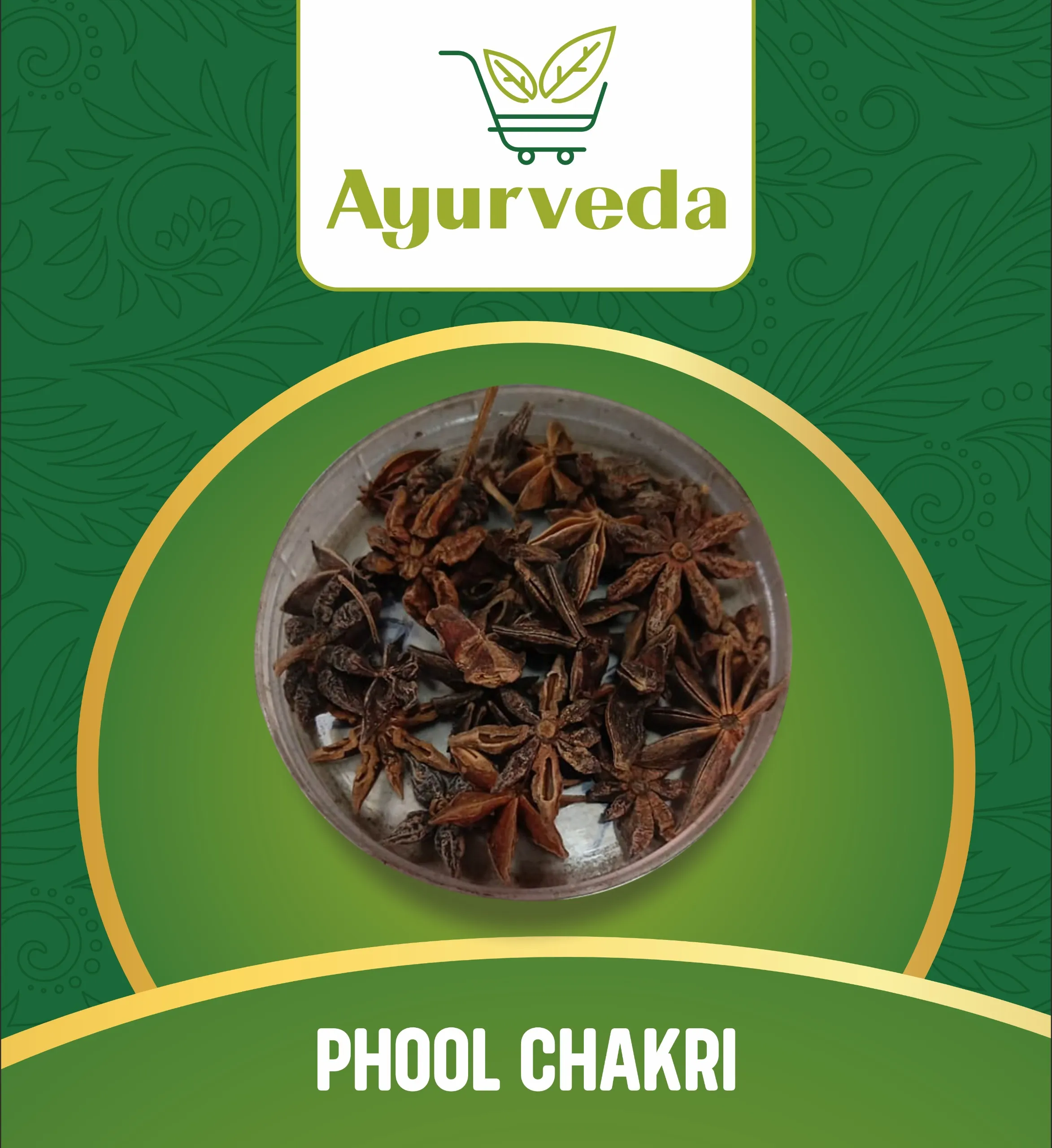
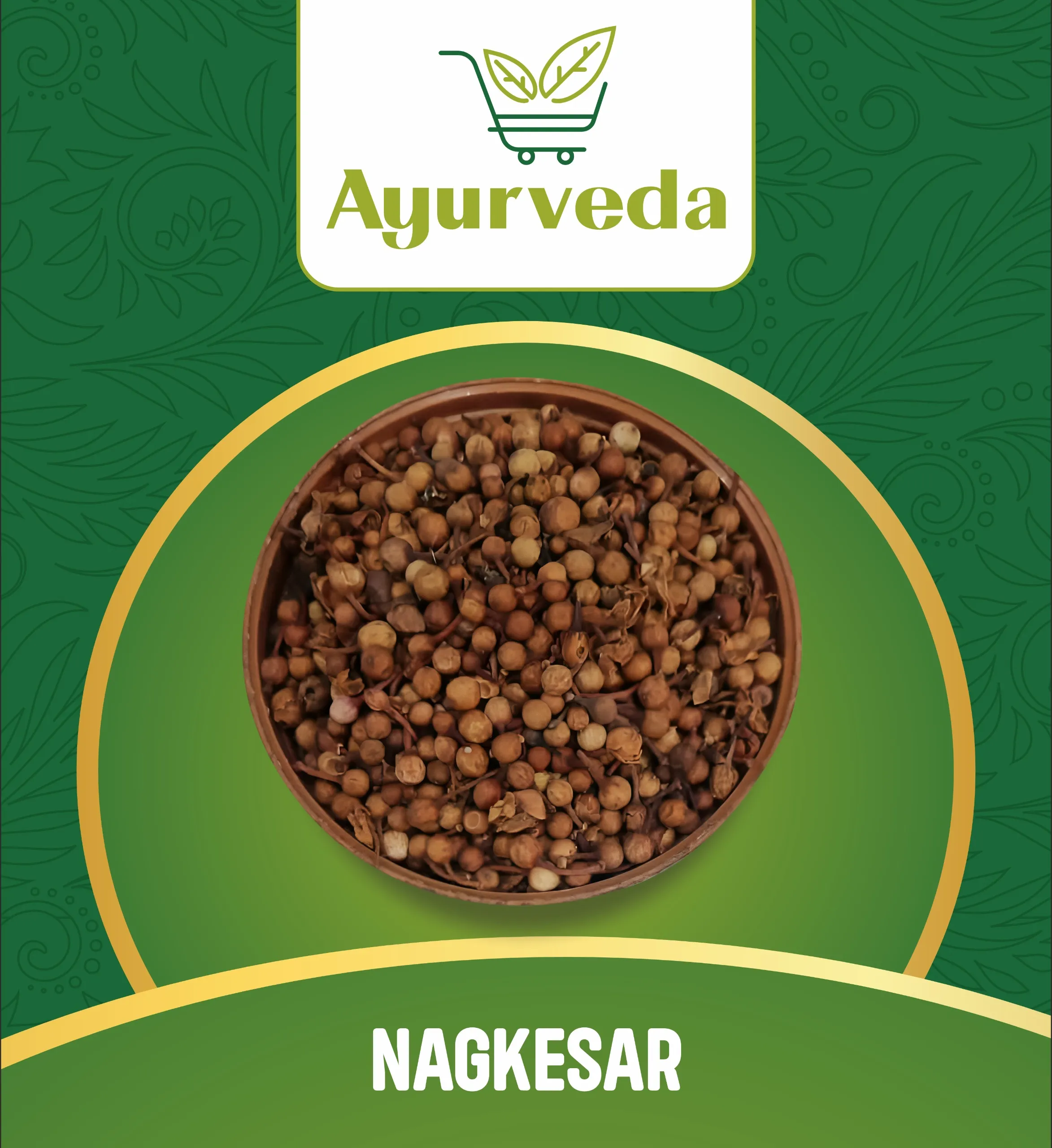
Tulsi Beej is always good for our health, help me to combat the cold weather and keep me warm
Feb 03, 2024